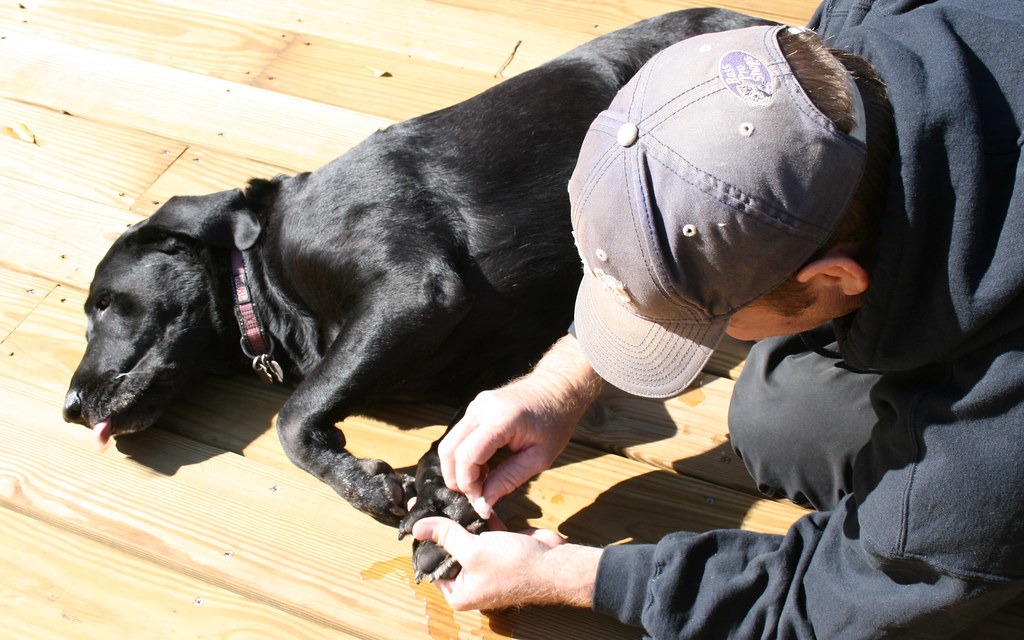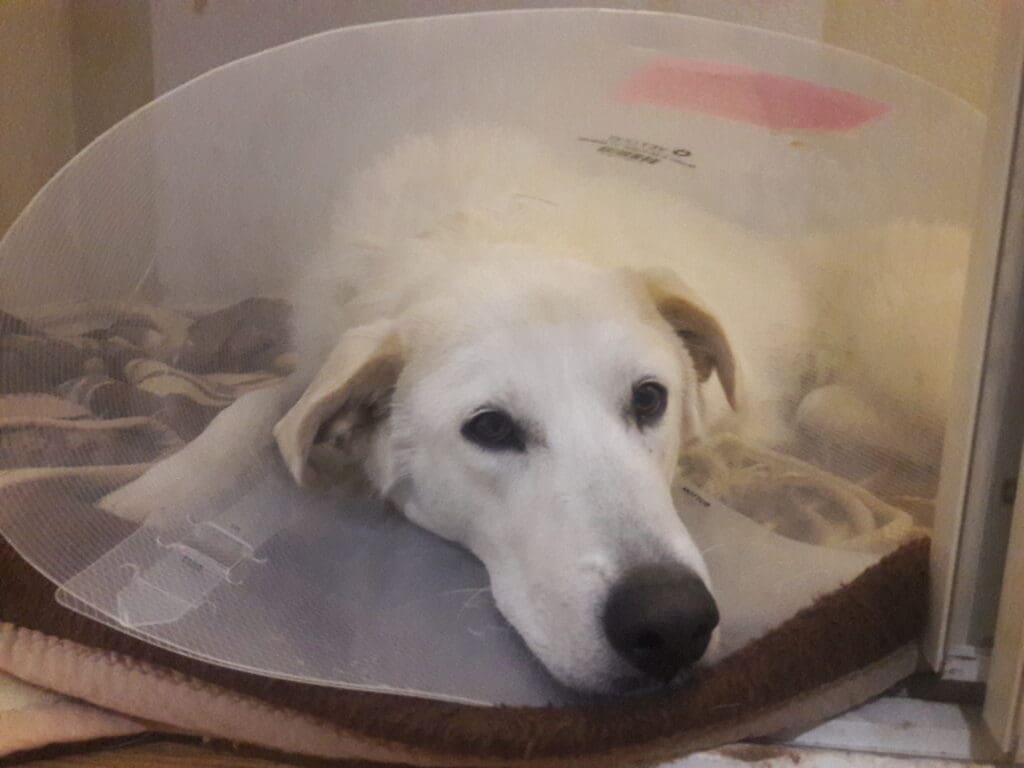As dog owners, we strive to ensure the health and well-being of our furry companions. However, our pets can’t always tell us when something is wrong, which makes it crucial to recognize the signs that may indicate a health issue.
This article highlights common symptoms in dogs that could be cause for concern. Awareness and early intervention can make all the difference, ensuring your pet gets the care they need.
10. Limping or Difficulty Moving

Limping in dogs can indicate various issues, from minor injuries to serious conditions like arthritis or hip dysplasia. If your dog suddenly starts limping or shows reluctance to move, it’s crucial to monitor the behavior. Persistent limping lasting more than 24 hours warrants a veterinary visit. In the meantime, limit your dog’s activity to prevent further injury.
9. Vomiting or Diarrhea

Occasional vomiting or diarrhea can be normal, but persistent symptoms may indicate gastroenteritis or other health issues. Watch for signs like frequent episodes, blood in vomit or stool, lethargy, or loss of appetite. If symptoms persist for more than 24 hours or are accompanied by other concerning signs, consult your veterinarian promptly.
8. Bad Breath or Dental Issues

Persistent bad breath in dogs often signals dental problems. Look for symptoms like yellow or brown teeth, red or swollen gums, difficulty eating, and excessive drooling. These could indicate periodontal disease, which affects up to 80% of dogs by age three. Regular dental check-ups and at-home teeth cleaning can prevent serious issues.
7. Behavioral Changes or Increased Aggression

Sudden shifts in your dog’s behavior, such as increased aggression, withdrawal from social interactions, or uncharacteristic neediness, can indicate illness or pain. Watch for growling when touched in specific areas, excessive licking of body parts, or changes in sleeping patterns. These signs warrant prompt veterinary attention to identify and address underlying health issues.
6. Excessive Scratching or Licking

Persistent scratching, licking, or chewing can indicate allergies, parasites, or skin infections. If your dog’s behavior persists, it may lead to hot spots or self-inflicted wounds. Consult your vet to identify the underlying cause, which could range from food sensitivities to hormonal imbalances. Treatment options may include dietary changes, medication, or topical therapies.
5. Changes in Urination or Bowel Movements

Watch for increased urination, straining to urinate, or blood in urine, which may indicate urinary tract issues or diabetes. Changes in stool consistency, frequency, or difficulty defecating can signal digestive problems. Accidents in house-trained dogs are also concerning. Consult your vet if these symptoms persist for more than 24 hours.
4. Persistent Coughing or Difficulty Breathing

Chronic coughing in dogs can indicate various conditions, including kennel cough, heart disease, or respiratory infections. If your dog exhibits persistent coughing, wheezing, or labored breathing, consult a veterinarian promptly. These symptoms may worsen with exercise or excitement. Early detection and treatment can prevent more serious complications and ensure your pet’s comfort.
3. Unexplained Weight Loss or Gain

Sudden changes in your dog’s weight, despite normal eating habits, can indicate underlying health issues. Weight loss may signal problems like diabetes, cancer, or gastrointestinal disorders, while unexplained weight gain could point to hypothyroidism or Cushing’s disease. Monitor your dog’s weight regularly and consult a veterinarian if you notice significant fluctuations.
Related: What You Should Know About Caring for a Pregnant Dog
2. Unusual Lethargy or Decreased Energy Levels

If your normally active dog suddenly becomes lethargic or lacks energy, it could indicate an underlying health issue. Causes range from infections and metabolic diseases to pain or medication side effects. Monitor your dog’s behavior and consult a veterinarian if lethargy persists for more than 24 hours, especially if accompanied by other symptoms.
Related: 10 Reasons to Keep Up with Your Pet’s Vaccinations
1. Changes in Appetite or Drinking Habits

A sudden loss of appetite or increased thirst in dogs can indicate underlying health issues. Decreased food intake may signal dental problems, gastrointestinal distress, or more serious conditions like kidney disease. Conversely, excessive drinking could point to diabetes or hormonal imbalances. Monitor your dog’s eating and drinking patterns closely, and consult a veterinarian if changes persist for more than 48 hours.
Related: Ten Household Items to Not Use Around Your Pet






